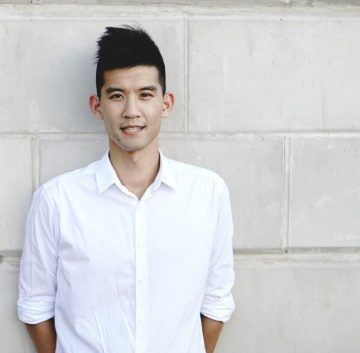 Over at Columbia University’s Weatherhead East Asian Institute:
Over at Columbia University’s Weatherhead East Asian Institute:
Q: Why focus on tea? …
First, how did I jump into this topic in the first place? In my first year of PhD work, I decided to revisit something I had been curious about since my undergraduate days, when I took survey courses on modern India and modern China in consecutive semesters. The infamous opium-for-tea triangle trade between the British empire, colonial India, and Qing China had popped up in both courses. Yet neither of the course textbooks had much to say about the circuit itself in all its transnational dimensions, and certainly no conceptualization of China-India connections. I had been inspired by the questions South Asia historians raised about power, colonialism, and culture, and I was looking to bring this into conversation with Chinese history, so I pursued this linkage in hopes of finding a concrete way to unite them.
I found that the flipside to Indian opium—the drive to export tea, first from China then India—entailed an even more substantive history of connection and competition. I first wrote a journal article about the British imperial project to bring teamakers from Jiangxi, China to Assam, India and establish the Indian industry. From there, I decided to pursue a long-term historical survey, paying attention to the local details of life in both Chinese and Indian tea districts while maintaining a comparative focus that would disabuse me of nationalist and culturalist explanations.
More here.
